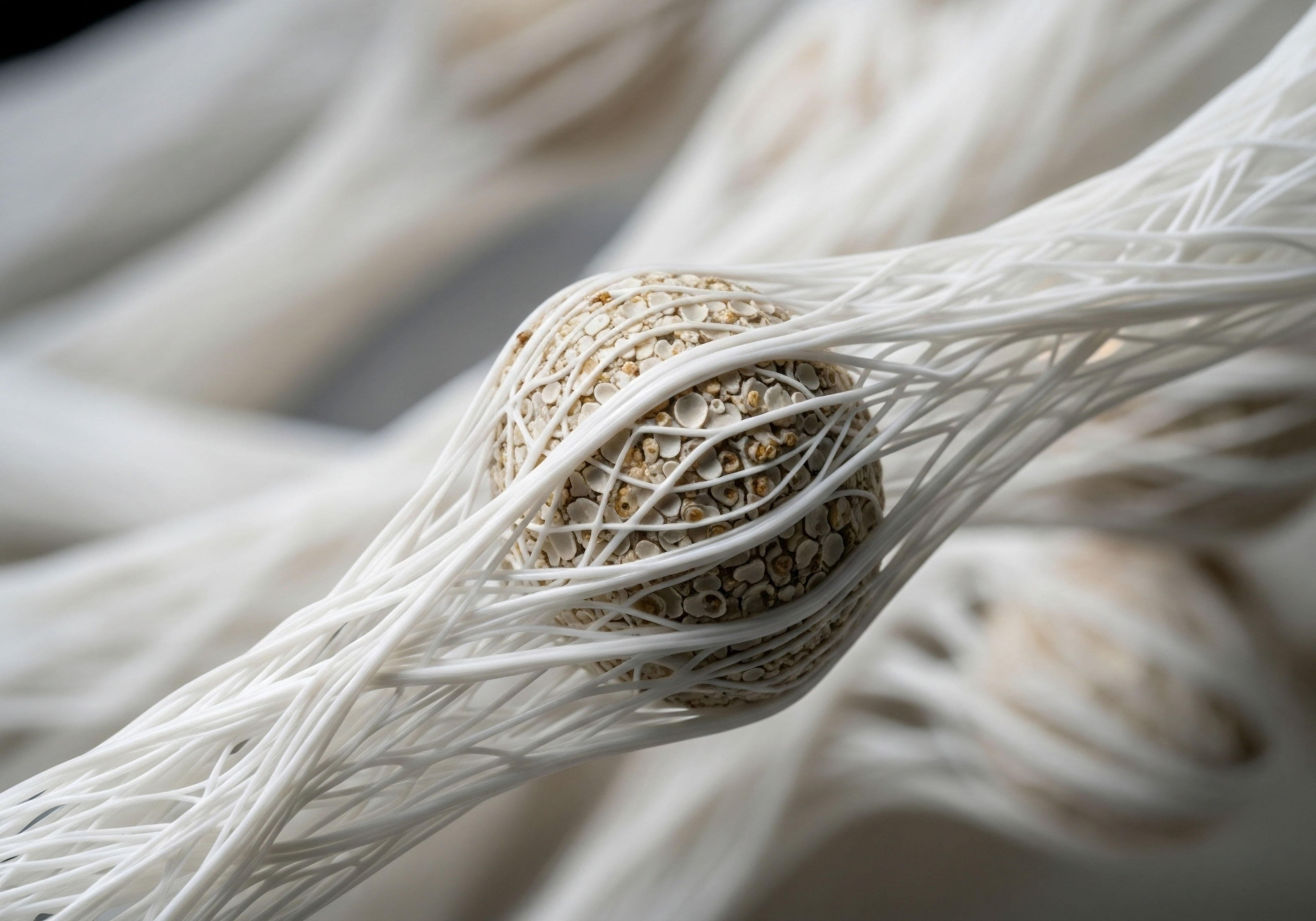Are There Specific Patient Populations Where PT-141 Is Preferred over PDE5 Inhibitors?

PT-141 is preferred for central desire deficits, while PDE5 inhibitors target peripheral vascular erectile dysfunction.
HRTioJuly 25, 2025


